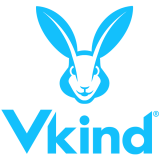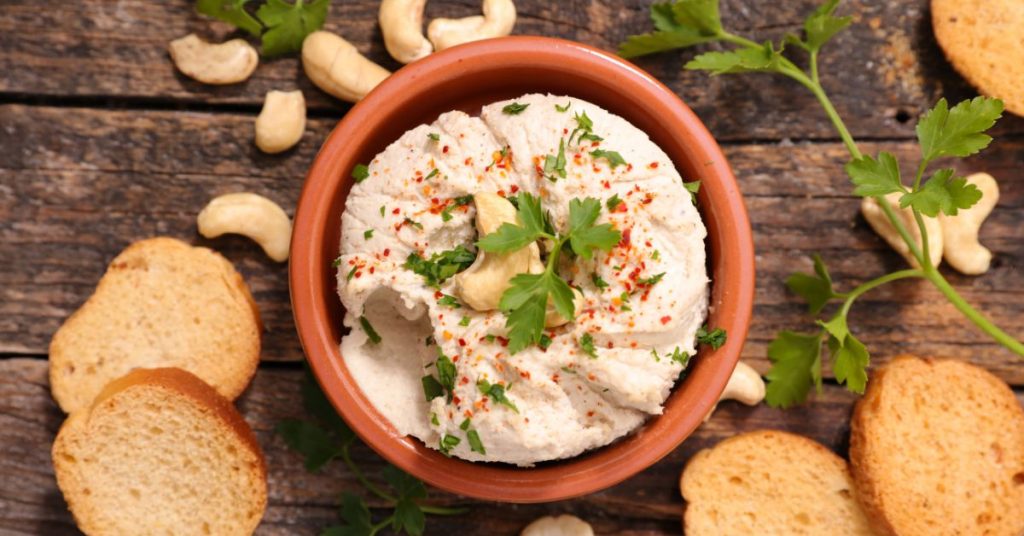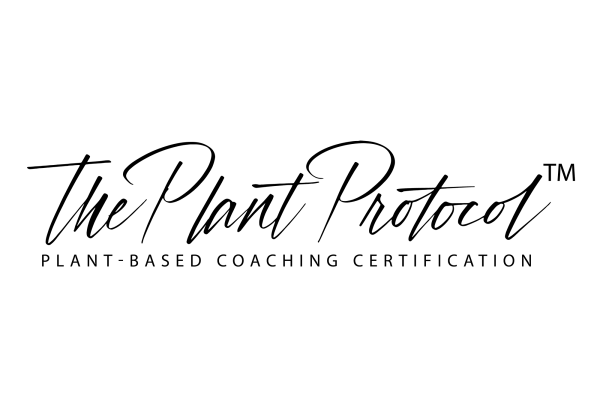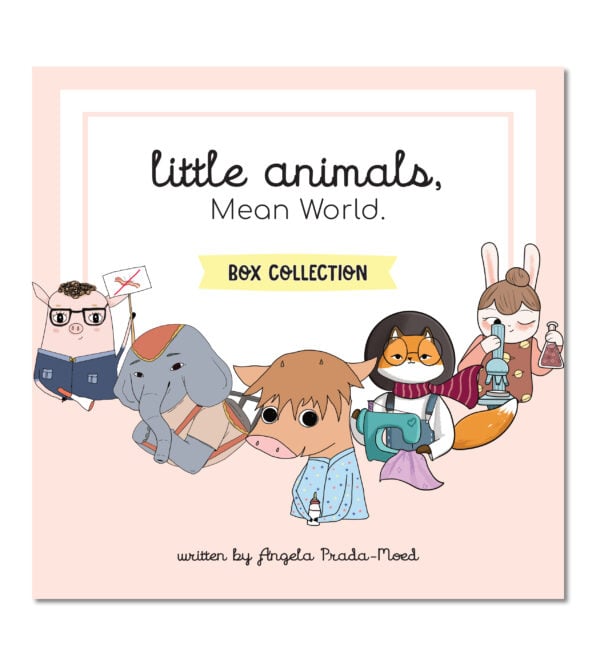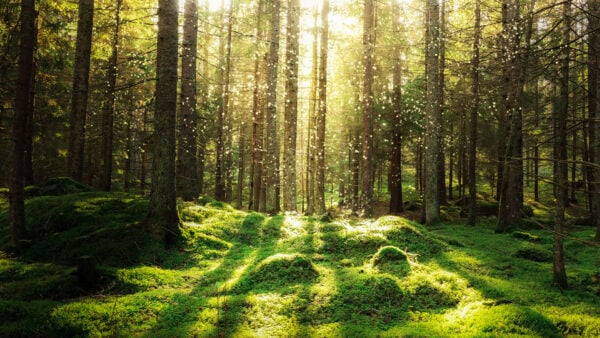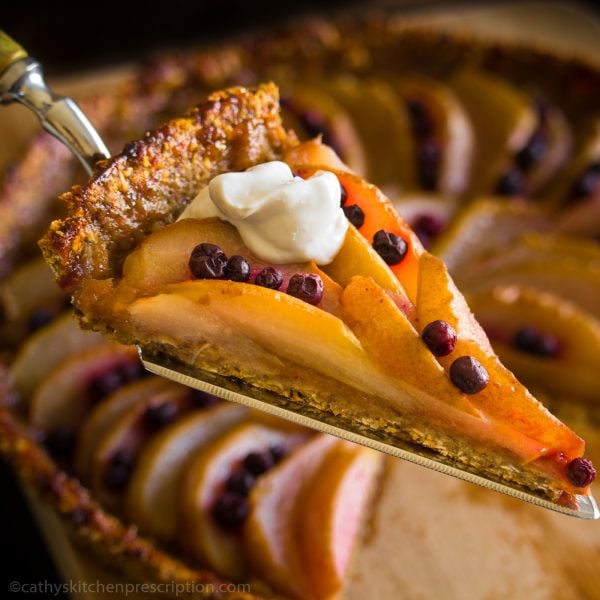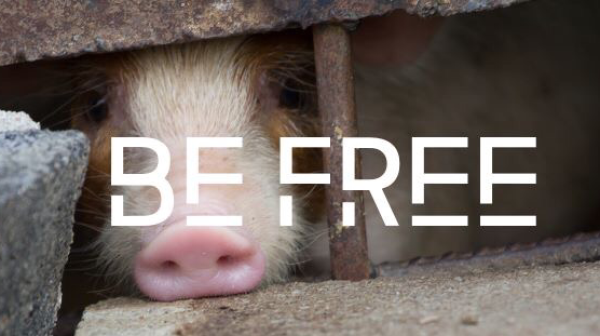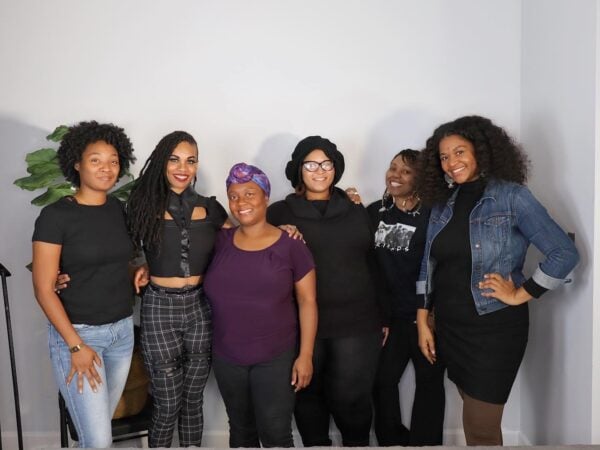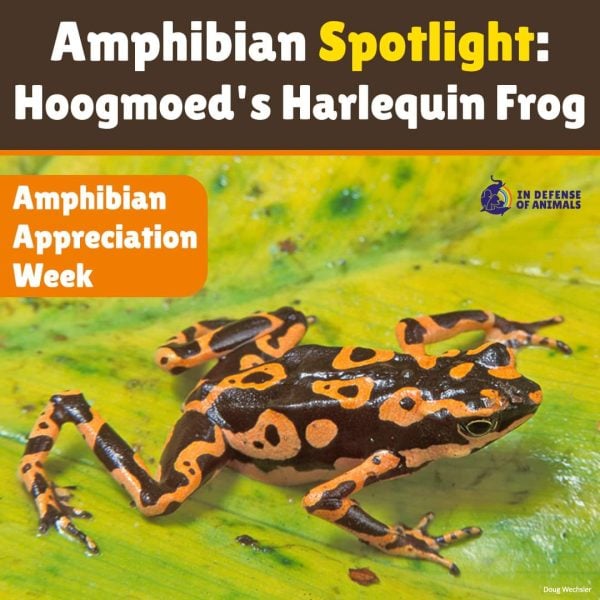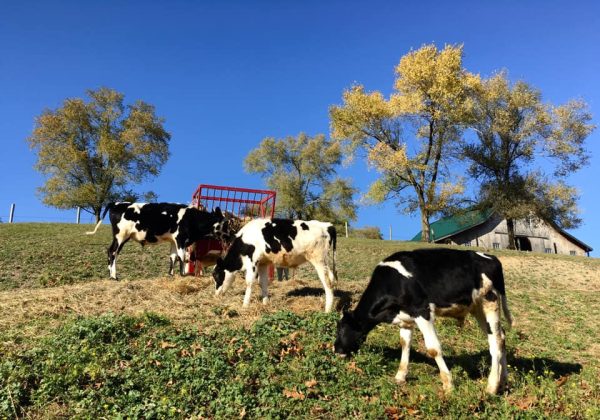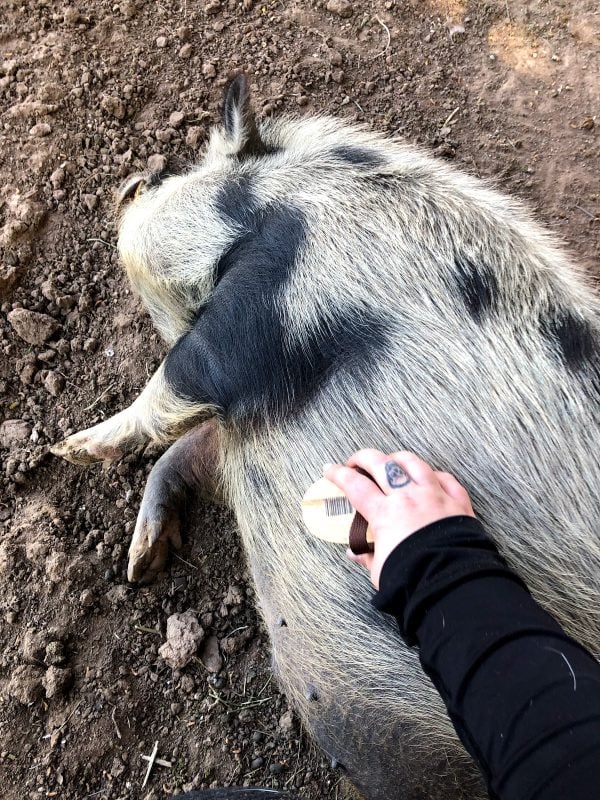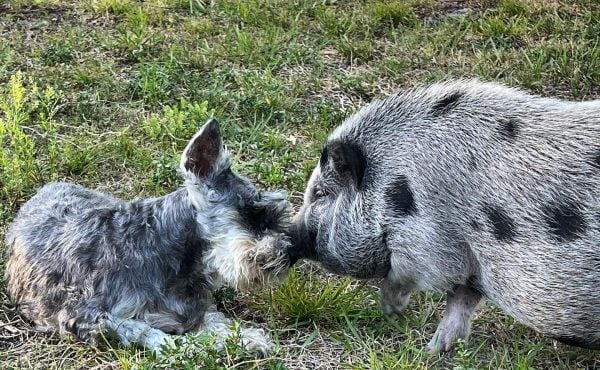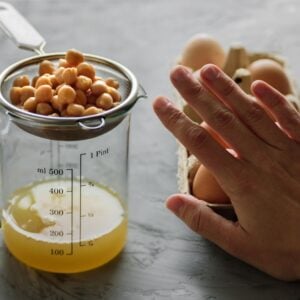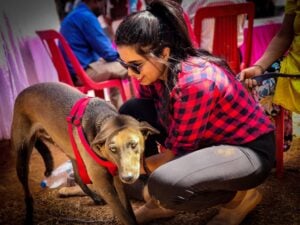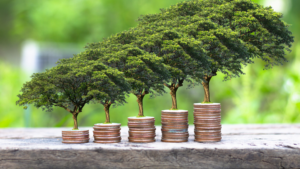There are several reasons why dairy is very harmful to the environment, one of the main reasons being their unbearable carbon footprint.
Author: Myrto Varela
Vegan Cheese Goes A Long Way Back
As a vegan activist, you might often hear that plant-based cheese is a new, completely industrial invention. But if we look back in time, we can easily realize that that’s not the case. Violife’s ancestor is tofu, and tofu was first made in China around the 1000s. Centuries later, in 1910, Li Yuying started a non-dairy cheese factory in France. That’s where the first commercial soy-based cheese came from.
Decades later, the plant-based dairy industry started growing, and new products came up, such as soy milk and plant-based cheesecake. But it wasn’t until the 1980s that the plant-based cheese industry took a mainly industrial form, and recognizable brands appeared. At this point, we have to make the distinction that the products back then were mostly plant-based and not vegan since they contained casein which is an animal-derived protein that functions as a drug in the human brain. But nowadays, almost all vegan cheeses have the label “casein-free.”
In addition to veganism, another movement that contributed to the development of plant-based cheese was the raw foodists who introduced nuts and seeds into the cheese like non-dairy products. The most common nut used for milk is, until today, cashew, which offers high fat and a significant improvement to the bean-like taste of soy.
Another thing that raw foodists introduced to the plant-based cheese was Rejuvelac, a refreshing drink made out of sprouted wheat berries, which is the origin point of Miyioko’s Creamery, the world’s most recognizable vegan cheese brand. Its founder Miyoko Schinner began experimenting with it in her home kitchen because she wanted to develop new nut-based cheeses.
Four reasons to reconsider the phrase “It’s my choice, I don’t bother anyone”
Dairy consumption is linked with unaffordable emotional pain on behalf of the cow. Every time she gives birth, her baby is taken from her to be slaughtered, and instead, they put huge machines on her utters to collect the milk that was meant for her baby.
After being separated from their mother, calves will spend two or three months isolated, sometimes even chained, and fed with milk replacers until they reach slaughter age.
Workers use brutal methods on cows. Some common forms of violence that are used on them are: skin burning with heated iron bars, the removal of their horns using cutters or fire, and tail docking with shears.
And in the end, all these cows end up dying many years before they only become beef, steak or a burger.
Cheese Consumption Equalizes Ecological Distraction
There are several reasons why dairy is very harmful to the environment, one of the main reasons being their unbearable carbon footprint. One of the most well-known studies relating to the carbon footprint of the dairy industry was published in International Dairy Journal in 2013 and found that for every kilogram of milk produced, the amount of carbon dioxide produced was 1.23 kilograms. Since then, industry professionals have sought to mitigate the emission of greenhouse gasses with a range of management techniques, including offering different diets with various additives, even as the total number of cows raised for their ability to produce dairy has increased around the world.
The question of whether dairy or plant-based milk has a greater environmental footprint can be answered simply by evaluating some key markers. Dairy milk outstrips all forms of plant-based milk due to its higher greenhouse gas emissions. It also requires 8.95 square meters of land in order to produce one liter, whereas the next highest plant-based contender, oat milk, only requires 0.76 square meters. When it comes to the use of freshwater, dairy milk again requires the greatest amount to produce one liter at 628.2 liters, whereas the runner-up, almond milk, requires only 371.46 liters.
The reality is that dairy is an inefficient source of nutrients, as only 24 percent of the calories consumed by cattle are converted into milk. This means that producing a gallon of milk requires four times as many calories as are in the final product. Because of this discrepancy, alternative sources of nutrients like soy milk offer a similar nutritional benefit while imposing a lower environmental impact on the planet.
The Health Risks Of Eating Cheese
According to respected studies, and most especially to The China Study and its author, Dr. Campbell, dairy consumption could be the leading cause of cancer. Eliminated or zero dairy and cheese consumption could prevent or even reverse cancer and other autoimmune diseases. The controversial documentary “What the Health” repeatedly points out that cheese is a combination of fat and salt, which are the main causes of cholesterol. And in addition to that, all dairy products have the same properties as meat, just in a different form, meaning that they, too, can affect cancer, diabetes, etc. On top of that, they can cause sclerosis, anemia, food allergies, chronic constipation, and other severe autoimmune diseases such as diabetes and prostate cancer. But the most frustrating of all is the fact that people think cheese is healthy. The lobby of factory farming has paid thousands of dollars to brainwash people and convince them that cheese is something they ought to provide for their families and themselves.
At this point, I ought to tell you a personal story. When I was born, I had chronic constipation that would lead to me not being able to go to the bathroom for weeks. As years went by, the problem got even worse despite my mother trying all sorts of different solutions and medicines. At the age of thirteen, my father first showed me an article that described how harmful animal products are. That’s how I decided to reduce dairy consumption as a last chance. And as I did, the unexpected happened. My chronic problem vanished from one moment to the next. That’s why I would recommend anyone who has a serious problem to make a radical change to their diet, and who knows, it might work!
Resources:
Recommended Documentaries:
SUBSCRIBE TO OUR NEWSLETTER
Vkind Vibes is our popular weekly newsletter where we share the latest news, tastiest recipes, and hottest trends impacting the VegEconomy. SUBSCRIBE NOW!
WANT MORE?
JOIN US AT VKX 2023! The Vkind Experience (VKX) is an immersive plant-based event celebrating travel, culture, and cuisine around the world as guests explore 11 experiential rooms while sampling an elevated fusion of world flavors.JOIN THE VKIND COMMUNITY Download the Vkind app on the App Store or Google Play to create your social profile and start sharing reviews of vegan businesses, watch original content, and explore the plant-based world with your friends!
JOIN THE VEGECONOMY Are you a vegan brand owner or professional? Add your listing to our business search platform to get more eyes on your vegan enterprise.
TAKE THE VEGECONOMY PLEDGE Take the VegEconomy Pledge to show support for sustainable business practices and make a commitment to Spend Like You Give A Damn.
WATCH & LEARN Subscribe to our YouTube channel for our latest shows, live events, interviews, videos, news, secret giveaways & more!
STREAM “PEELED”, THE ALL-VEGAN COOKING COMPETITION SHOW Produced by Vkind Studios in a limited 3-part web series, Peeled is the award-winning all-vegan cooking competition show that’s on a search to find “America’s Hottest Vegan Chef”.
FOLLOW & SHARE Our content is always entertaining, educational, and inclusive. Follow us everywhere on social media!
SHARE VEGAN RECIPES Share your delicious vegan recipes with the Vkind Community on our app and website.
